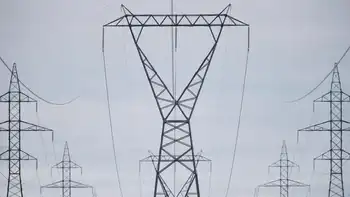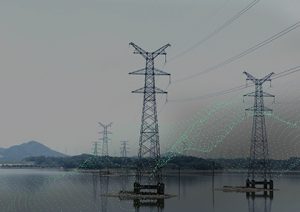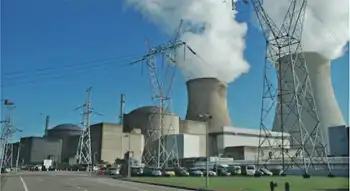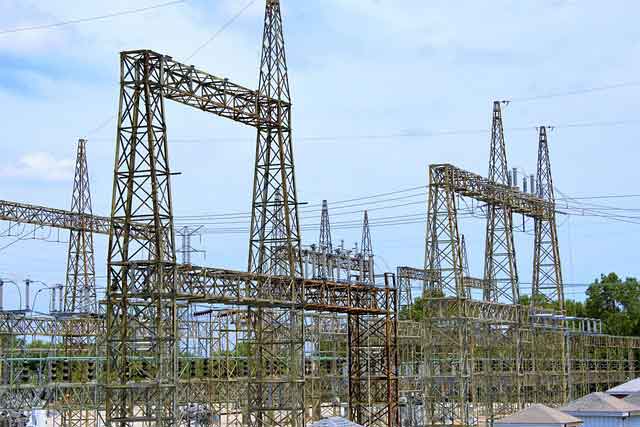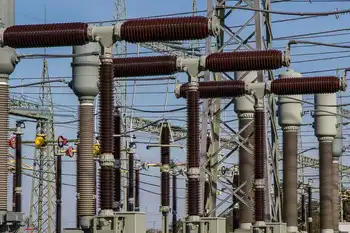Ukraine Electricity Exports resume as the EU grid links stabilize; ENTSO-E caps, megawatt capacity, renewables, and infrastructure repairs enable power flows to Moldova, Poland, Slovakia, and Romania despite ongoing Russian strikes.
Key Points
Resumed cross-border power sales showing grid stability under ENTSO-E limits and surplus generation.
✅ Exports restart to Moldova; Poland, Slovakia, Romania next.
✅ ENTSO-E cap limits to 400 MW; more capacity under negotiation.
✅ Revenues fund grid repairs after Russian strikes.
Ukraine began resuming electricity exports to European countries on Tuesday, its energy minister said, a dramatic turnaround from six months ago when fierce Russian bombardment of power stations plunged much of the country into darkness in a bid to demoralize the population.
The announcement by Energy Minister Herman Halushchenko that Ukraine was not only meeting domestic consumption demands but also ready to restart exports to its neighbors was a clear message that Moscow’s attempt to weaken Ukraine by targeting its infrastructure did not work.
Ukraine’s domestic energy demand is “100%” supplied, he told The Associated Press in an interview, and it has reserves to export due to the “titanic work” of its engineers and international partners.
Russia ramped up infrastructure attacks in September, when waves of missiles and exploding drones destroyed about half of Ukraine's energy system, even as it built lines to reactivate the Zaporizhzhia plant in occupied territory. Power cuts were common across the country as temperatures dropped below freezing and tens of millions struggled to keep warm.
Moscow said the strikes were aimed at weakening Ukraine’s ability to defend itself, and both sides have floated a possible agreement on power plant attacks amid mounting civilian harm, while Western officials said the blackouts that caused civilians to suffer amounted to war crimes. Ukrainians said the timing was designed to destroy their morale as the war marked its first anniversary.
Ukraine had to stop exporting electricity in October to meet domestic needs.
Engineers worked around the clock, often risking their lives to come into work at power plants and keep the electricity flowing. Kyiv’s allies also provided help. In December, U.S. Secretary of State Antony Blinken announced $53 million in bilateral aid to help the country acquire electricity grid equipment, on top of $55 million for energy sector support.
Much more work remains to be done, Halushchenko said. Ukraine needs funding to repair damaged generation and transmission lines, and revenue from electricity exports would be one way to do that.
The first country to receive Ukraine’s energy exports will be Moldova, he said.
Besides the heroic work by engineers and Western aid, warmer temperatures are enabling the resumption of exports by making domestic demand lower, and across Europe initiatives like virtual power plants for homes are helping balance grids. Nationwide consumption was already down at least 30% due to the war, Halushchenko said, with many industries having to operate with less power.
Renewables like solar and wind power also come into play as temperatures rise, taking some pressure off nuclear and coal-fired power plants.
But it’s unclear if Ukraine can keep up exports amid the constant threat of Russian bombardment.
“Unfortunately now a lot of things depend on the war,” Halushchenko said. “I would say we feel quite confident now until the next winter.”
Exports to Poland, Slovakia and Romania are also on schedule to resume, he said.
“Today we are starting with Moldova, and we are talking about Poland, we are talking about Slovakia and Romania,” Halushchenko added, noting that how much will depend on their needs.
“For Poland, we have only one line that allows us to export 200 megawatts, but I think this month we will finish another line which will increase this to an additional 400 MW, so these figures could change,” he said.
Export revenue will depend on fluctuating electricity prices in Europe, where stunted hydro and nuclear output may hobble recovery efforts. In 2022, while Ukraine was still able to export energy, Ukrainian companies averaged 40 million to 70 million euros a month depending on prices, Halushchenko said.
“Even if it’s 20 (million euros) it’s still good money. We need financial resources now to restore generation and transmission lines,” he said.
Ukraine has the ability to export more than the 400 megawatt capacity limit imposed by the European Network of Transmission System Operators for Electricity, or ENTSO-E, and rising EU wind and solar output is reshaping cross-border flows. “We are in negotiations to increase this cap because today we can export even more, we have the necessary reserves in the system,” the minister said.
The current capacity limit is in line with what Ukraine was exporting in September 2022 before Ukraine diverted resources to meet domestic needs amid the Russian onslaught.
Related News






